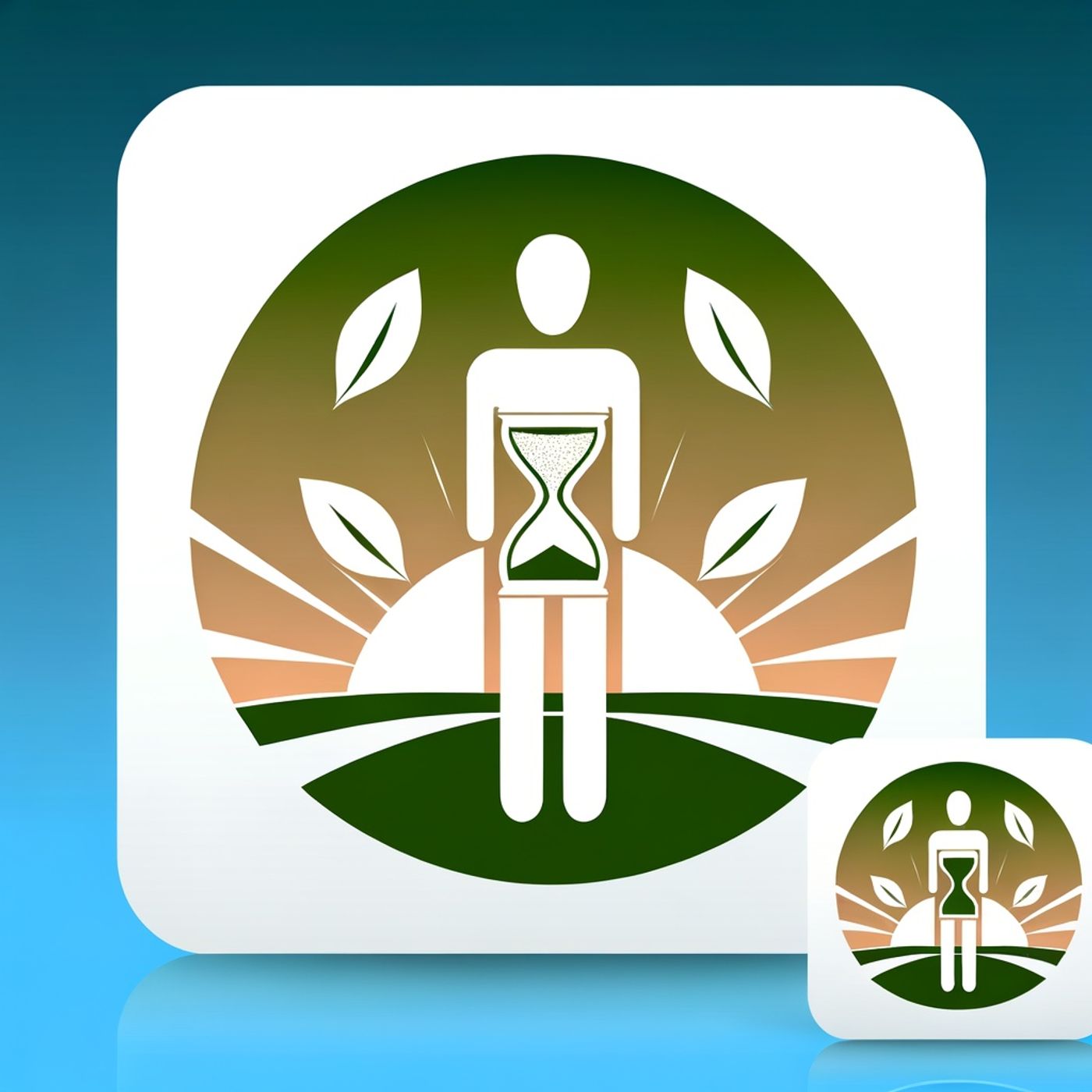Episode Details
Back to Episodes
Mindfulness in 2025: How Ten Minutes of Daily Meditation Can Reduce Stress and Boost Mental Wellbeing
Published 4 months ago
Description
Live in the moment—a phrase that’s echoing across wellness podcasts, social media feeds, and conference stages in 2025—has roots in ancient mindfulness practice, but its meaning might be more urgent today than ever. Leading experts like Yongey Mingyur Rinpoche and Dr. Richard Davidson, sharing research at the MIT Mindful Brain event earlier this year, discussed how mindfulness meditation can fundamentally shift brain function, enhancing emotion regulation and mental clarity. By deliberately bringing awareness to what is happening right now, we nurture objectivity, self-control, and increased resilience, as noted by the American Psychological Association.
Listeners might notice their minds wandering, swept up by fast notifications or relentless work demands. According to new research published in the British Journal of Health Psychology, even ten minutes of daily mindfulness, easily accessible through free apps, can reduce depressive symptoms by nearly 20% and anxiety by over 12%. These small moments—a few mindful breaths between meetings, or tuning into sensation during a walk—can help listeners pause, reset, and respond more calmly to stress.
Practitioners in the Mindful Leader 2025 Meditation Practice Report admitted that distractions—whether jet skis, rambunctious pets, or unexpected family appearances—are everyday challenges. Their top barriers? Not enough time and too many interruptions. Guided practices, whether a morning meditation, a body scan, or a short grounding exercise, serve as practical tools for staying present amid chaos. Many find daily reminders or community support crucial for building a habit.
To cultivate mindfulness, start with simple steps. Pause and notice five things you can see, four you can touch, three you can hear, two you can smell, and one you can taste. Try a body scan guided meditation at the start or end of the day. Experts on the Milken Institute’s 2025 panel advised integrating mindful check-ins throughout your routine: before answering messages, during meals, or anytime you feel pulled away from the moment.
Interviews with top mindfulness speakers highlight the paradox of our hyper-connected world: technology can be both a distraction and a tool for offering guided meditations and support. Ultimately, living in the moment isn’t about escaping reality—it’s a practice of connecting deeply to it, cultivating resilience and joy, and offering ourselves a little grace, one breath at a time.
This content was created in partnership and with the help of Artificial Intelligence AI
Listeners might notice their minds wandering, swept up by fast notifications or relentless work demands. According to new research published in the British Journal of Health Psychology, even ten minutes of daily mindfulness, easily accessible through free apps, can reduce depressive symptoms by nearly 20% and anxiety by over 12%. These small moments—a few mindful breaths between meetings, or tuning into sensation during a walk—can help listeners pause, reset, and respond more calmly to stress.
Practitioners in the Mindful Leader 2025 Meditation Practice Report admitted that distractions—whether jet skis, rambunctious pets, or unexpected family appearances—are everyday challenges. Their top barriers? Not enough time and too many interruptions. Guided practices, whether a morning meditation, a body scan, or a short grounding exercise, serve as practical tools for staying present amid chaos. Many find daily reminders or community support crucial for building a habit.
To cultivate mindfulness, start with simple steps. Pause and notice five things you can see, four you can touch, three you can hear, two you can smell, and one you can taste. Try a body scan guided meditation at the start or end of the day. Experts on the Milken Institute’s 2025 panel advised integrating mindful check-ins throughout your routine: before answering messages, during meals, or anytime you feel pulled away from the moment.
Interviews with top mindfulness speakers highlight the paradox of our hyper-connected world: technology can be both a distraction and a tool for offering guided meditations and support. Ultimately, living in the moment isn’t about escaping reality—it’s a practice of connecting deeply to it, cultivating resilience and joy, and offering ourselves a little grace, one breath at a time.
This content was created in partnership and with the help of Artificial Intelligence AI